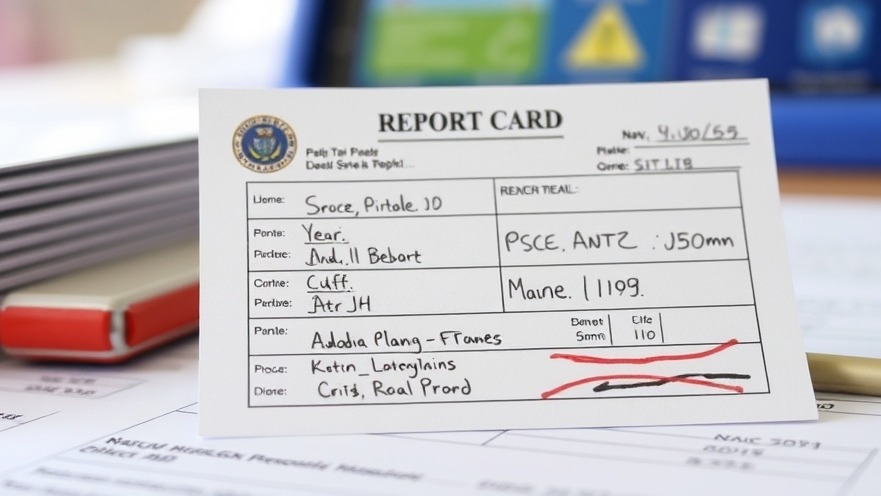
Legal Ruling Paves the Way for TEA to Release 2024 A-F Ratings
In a pivotal decision, a Texas appeals court has declared that the Texas Education Agency (TEA) is permitted to publish its A-F ratings for the 2024 school year. This ruling is anticipated to have widespread implications for schools and families across the state, particularly those in the Austin area who have been anxiously awaiting this data.
Understanding the A-F Rating System
The A-F grading system, introduced by the TEA in 2017, aims to provide a clear and straightforward metric for assessing school performance. Under this system, schools are assigned a letter grade from A to F based on various factors, including student achievement, school progress, and closing performance gaps. These ratings serve as an important benchmark for parents and community members when evaluating the quality of education in local institutions.
The Implications of the TEA's A-F Ratings for Local Schools
The release of the A-F ratings is significant, especially for schools in Austin, where the educational landscape is as diverse as its population. Many schools in the region have witnessed fluctuations in their ratings in previous years, leading to both community concerns and discussions about resource allocation. Parents and educators alike view these ratings as vital tools for understanding and addressing challenges within the educational system.
Reasons Why This Information Matters to Austin Residents
Austin locals are particularly attentive to these ratings as they not only influence parents' decisions regarding school choice but also impact state funding and support for different educational programs. Schools that consistently receive lower grades may struggle with funding, while high performers may be rewarded, making this data essential for families navigating educational opportunities.
Future Trends in Education Assessment
The legitimacy of public school assessments is often debated, and this ruling may pave the way for future legal challenges surrounding educational metrics. Experts predict a growing call for transparency in school ratings, as parents and educators increasingly rely on this information to advocate for resources and programs that meet student needs. The direction of education policy in Texas could also shift, depending on how these ratings are perceived and utilized by the community.
Counterarguments and Perspectives on School Grading
While many establish A-F ratings as essential indicators of school quality, critics argue that these ratings can oversimplify the complexities of education by failing to account for socio-economic factors that influence student performance. They contend that high-stakes testing and grading systems can disadvantage schools in low-income areas, perpetuating educational inequality. This debate highlights the need for a more nuanced approach to understanding school effectiveness.
How to Navigate the A-F Ratings
For parents and guardians eager to make informed decisions regarding their children's education, understanding the A-F rating system is crucial. Here are a few practical tips:
Research Individual Schools: Explore not just the letter grade but the specific metrics and improvement over time.
Engage with Local Education Forums: Participate in discussions about school performance, which can offer deeper insights and community perspectives.
Advocate for Transparency: Ensure that there is a community conversation around the implications of these ratings and push for fair assessments that reflect the realities of all educational institutions.
These strategies can empower parents to advocate effectively for their children's educational needs within the broader context of local news in Austin.
Conclusion: The Importance of Staying Informed
As the TEA prepares to release these all-important 2024 A-F ratings, the implications for schools, parents, and students in Austin cannot be overstated. By understanding these ratings and their potential impact, community members can engage more meaningfully in conversations about education policy and local school performance. This is the time for Austin's residents to stay informed and actively participate in shaping the educational landscape.
Stay tuned for more information and engagement opportunities in responding to the TEA’s released data and continue to advocate for quality education in #Austin.
 Add Element
Add Element  Add Row
Add Row 



Write A Comment